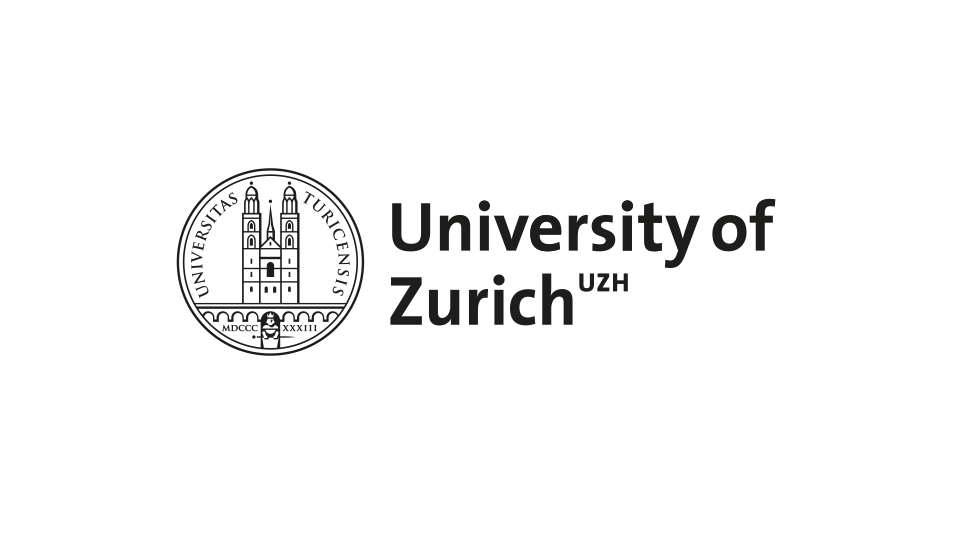Diffuse large B-cell lymphoma (DLBCL) is an aggressive malignancy of the mature B-cell that can affect both lymphoid and nonlymphoid organs. Since targeted treatments beyond monoclonal antibodies and CAR T-cells are in clinical development but not yet approved, DLBCL remains fatal in a third of patients.
Many DLBCLs are infiltrated by large numbers of regulatory T-cells (Tregs) in both humans and experimental lymphoma models. These Tregs differ strongly from normal Tregs residing in the corresponding lymphoid organs of healthy mice, both in terms of their transcriptional signature and immunophenotype. Based on exciting preliminary data, we hypothesize that Tregs form heterotypic clusters with circulating B-cell lymphoma cells, and that this interaction is key for the progression of B-cell lymphoma. This direct interaction may protect the tumor cells from immune attack or other adversities associated with travel in the bloodstream.
With this project, we will address how Tregs promote lymphoma growth, with a special emphasis on lymphoma/Treg clusters in blood collected from lymphoma-bearing mice as well as from lymphoma patients. In addition, we will develop Treg-directed therapeutic strategies and investigate their effects both alone and in combination with rationally selected approved and exploratory compounds. In a third aim, we will investigate how Treg infiltration in human DLBCL correlates with mutational signatures, the clinical history and prognosis of the patient, and other hallmarks of the disease.
This project combines the Aceto lab’s expertise in molecular mechanisms that drive cancer and its metastatic progression with Prof. Müller’s research on the pathogenesis of lymphoma in mouse models and Prof. Tzankov’s expertise on translational investigations and precision medicine of lymphomas in patients.






